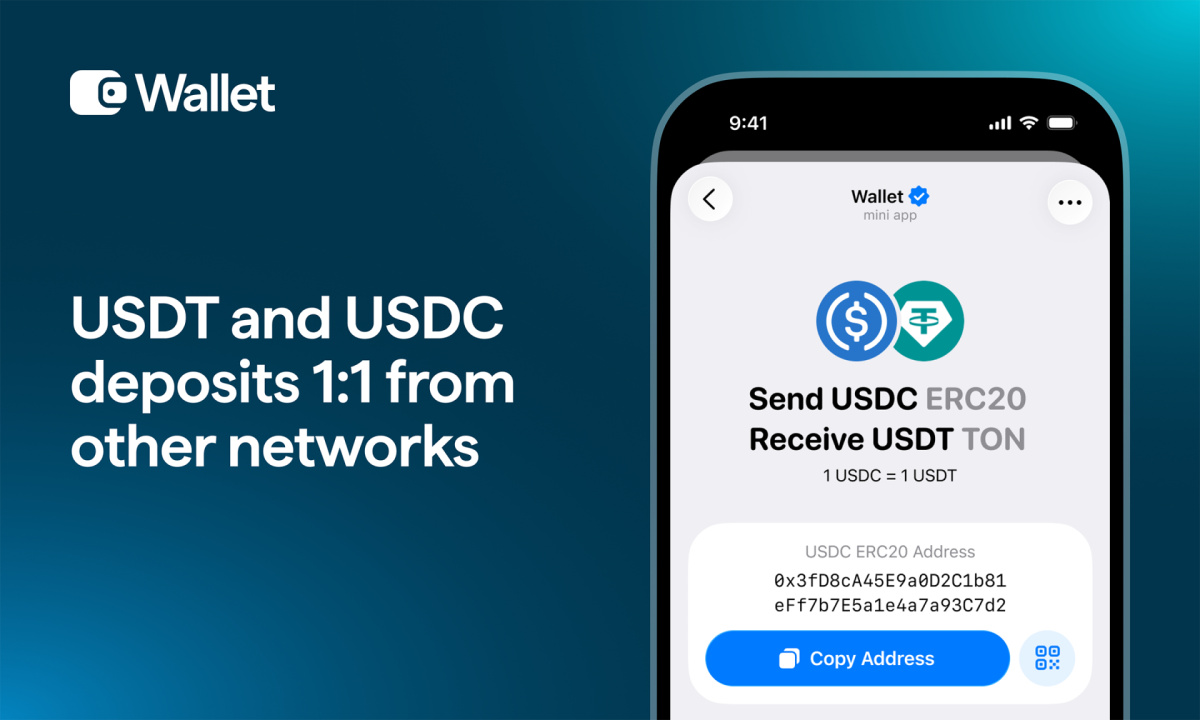Key Insights
- Spain has decided to implement the Markets in Crypto Assets (MiCA) framework six months earlier than required.
- A recent survey shows that only 20% of Spaniards are aware of the digital euro and only 20% would ever use it.
- 36% of Spaniards aged 18-24 say they would use the digital euro, while only 7% of those aged over 65 say the same
- The bank has published a report explaining the nature and uses of the digital euro and claims that it will offer several benefits for the economy and society.
- The lethargy that Spaniards have shown to the digital euro leaves an open question about its future adoption in the country.
The Bank of Spain has been exploring the possibility of adopting a digital euro.
If you’re unaware, the digital Euro is a central bank digital currency (or CBDC for short).
CBDCs are actually no different from regular crypto like USDT or USDC. The only difference is that it is issued by governments, is largely centralized, and is completely under the control of said government.
In this case, a digital Euro is a CBDC that will be issued by the European Central Bank (ECB).
However, there might be a few signs that a digital Euro may be a bad idea.
A recent survey conducted by the Bank of Spain shows that the majority of Spaniards may not even be interested in using or owning the digital euro.
Here are the details
Low Awareness and Acceptance of the Digital Euro
The survey, titled “Study on the habits in use of cash,†was carried out by Ipsos on two groups of 1,600 respondents:
These respondents comprised of
- The general public
- The representatives of small businesses.
According to details and results of the study, the results revealed that only 20% of the general public and 23% of the small business owners were even “aware†of the concept of a “digital euroâ€.
Only 20% of the respondents said they would ever use the digital euro to complement their regular payment methods, while a whopping 65% said they would not even consider it.
This shows a decline in the acceptance of the CBDC compared to a similar study in 2022 when 58% of the respondents rejected the idea of using the digital euro.
The survey also found that the younger age groups were more open to using the digital euro than the older ones.

According to the study’s results, among those aged 18-24, 36% said they would use the CBDC, while only 7% of those aged over 65 said the same.
In all, the amount of acceptance gradually decreased with age.
The Bank of Spain’s Stance on the Digital Euro
The Bank of Spain has been actively participating in the European Central Bank’s work on the digital currency, which is still in development.
The bank also published a report in October, explaining the nature and uses of the digital currency.
The European Central Bank also claims that the digital Euro would offer several benefits for the economy and society.
According to the bank, the CBDC will be a legal tender that would coexist with the regular euro and other forms of money.
Even more, it would be accessible to all citizens and businesses and would allow them to make payments in a fast, secure, and cheap way.
The digital euro is also expected to enhance financial inclusion, innovation, and competition in the payment market. In all, it will also make electronic payments a vital piece of the financial system.
Spain’s Commitment to the EU’s Digital Economy
Spain has also recently shown its support for the EU’s efforts to create a unified and regulated digital economy.
The country has decided to implement the Markets in Crypto Assets (also known as MiCA).
MiCA is a European crypto framework that aims to provide legal clarity and protection for consumers when it comes to crypto assets.
The MiCA regulation is expected to reach full implementation in 2024. However, Spain has announced that it will adopt it six months earlier than required.
This move demonstrates Spain’s willingness to embrace innovation and foster growth in the crypto sector.
However, the lethargy the Spaniards have shown to the digital euro leaves an open question as to whether Spain’s population will share this enthusiasm for CBDCs.
Disclaimer: Voice of Crypto aims to deliver accurate and up-to-date information, but it will not be responsible for any missing facts or inaccurate information. Cryptocurrencies are highly volatile financial assets, so research and make your own financial decisions.









